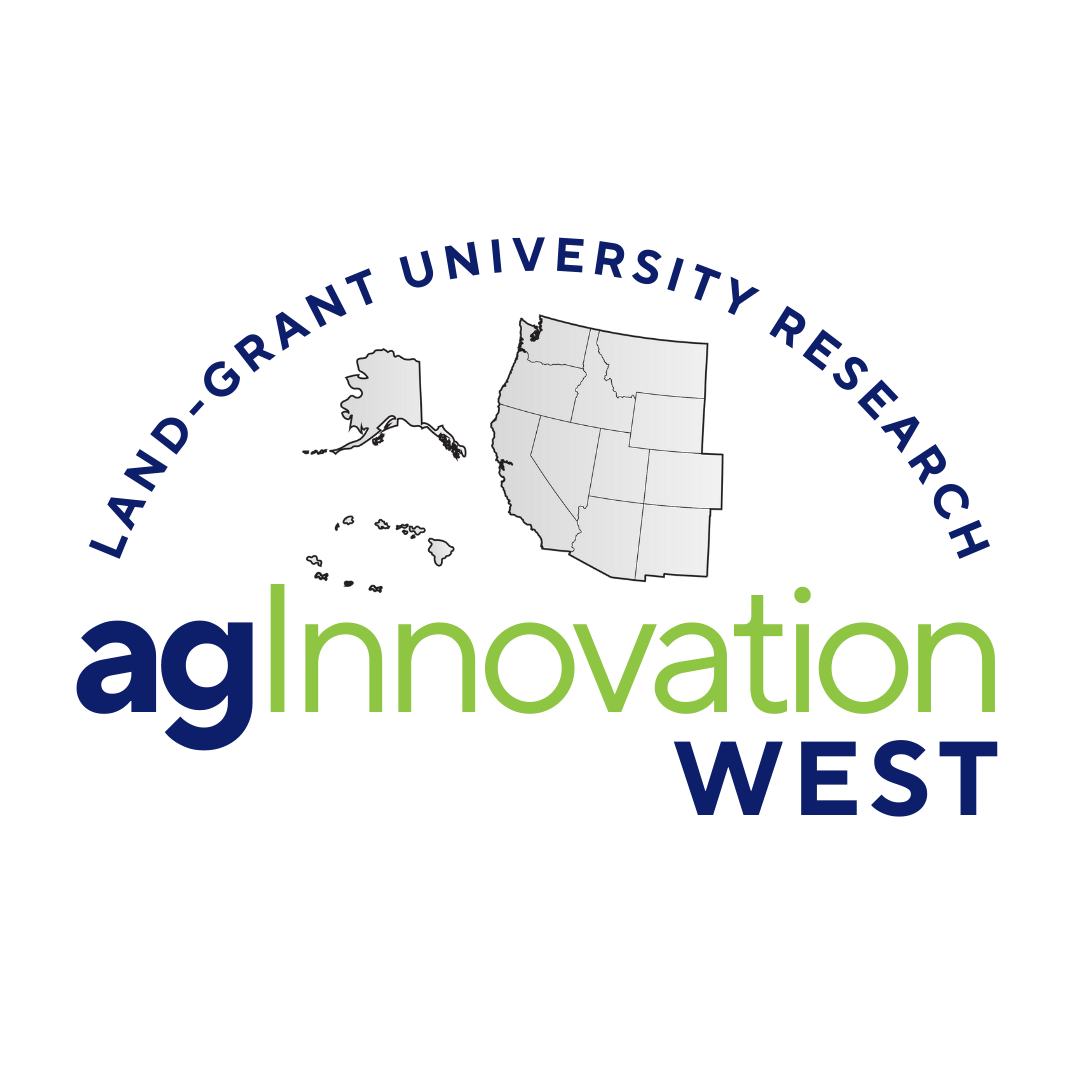
WERA_OLD1004: Agricultural and Community Development in the American Pacific
(Multistate Research Coordinating Committee and Information Exchange Group)
Status: Inactive/Terminating
WERA_OLD1004: Agricultural and Community Development in the American Pacific
Duration: 10/01/2004 to 09/30/2009
Administrative Advisor(s):
NIFA Reps:
Non-Technical Summary
Statement of Issues and Justification
The American Pacific faces a unique set of challenges. While all of the island entities have a relationship with the United States, each is somewhat different with unique internal government structures. The total landmass of these islands is small, but cover an area larger than the continental United States. The people living on these islands are culturally diverse, speak a variety of languages, and are struggling with the issues of preserving language and culture while incorporating benefits of technology. Most of the island economies are struggling and lack good infrastructures. The majority of the food consumed in the American Pacific is imported with selection dictated by the importers and supply subject to shipping problems. Island life and agriculture are vastly different from the U.S. mainland and need unique approaches to develop appropriate solutions. The American Pacific shares much in common. The island entities have research projects, extension programs, and college instructional degrees that address similar issues. Having the five Land Grant institutions work together to solve common problems would increase productivity, share expertise, and provide capacity building. This partnership would focus on some major regional issues of tropical agriculture, invasive species, building stable economies and communities, food safety and security, and promote healthy lifestyles. The stakeholder base is large and diversified. While no one is excluded, farmers, families, and native populations are likely to comprise the majority of the clients. �
Objectives
-
Increase the abilities of current ADAP-affiliated staff and provide training for potential future staff, students and potential Land Grant students.
-
Increase efficiency of delivery of ADAP programs.
-
Facilitate the development of projects that meet the needs of our Pacific island agriculture and community systems.
-
Increase articulation between academic programs in the ADAP institutions.
-
Facilitate the development of learning communities through active partnering with stakeholders.
Procedures and Activities
Expected Outcomes and Impacts
- Facilitate collaboration with colleagues.
- Assist in the exchange of information among geographically distant research, extension, and instruction personnel.
- Promote multistate projects and programs that benefit the region.
- Provide convenient access to island research publications including gray literature.
- Jointly sponsor an annual ITV workshop on an emerging topic.
- �
Projected Participation
View Appendix E: ParticipationEducational Plan
The information exchange would promote cooperation on research projects and extension programs. The information from research would be made available to the public in a variety of methods: publications, workshops, newspaper articles, radio and TV programs. Extension programs are open to all individuals. Many of the persons living in the islands would be considered members of the under represented communities. These groups form a large core of the clientele and participate in projects and programs.
Organization/Governance
The committee will consist of the Deans/Directors of the five Pacific Land Grant Institution. Committee chair will rotate every two years.
Literature Cited
N/A�